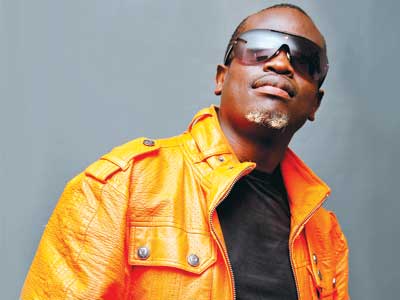×
The Standard e-Paper
Fearless, Trusted News
 |
| Eldoret-based gospel singer Ole Willy stirs controversy |
Eldoret-based gospel singer Ole Willy stirs controversy, alluding that one of his mentors Daddy Owen, can’t claim to own the Kapungala music style. Kevin Oguoko gets him talking
Pulse: Your music has the feel of Daddy Owen’s Kapungala signature. Doesn’t that make you a copycat?